Renewable Energy Saves All Texans
Even if you don’t use solar energy to power your home or business, renewable energy has benefited you. Most people don’t yet realize that the energy transition has already yielded significant cost savings–even for those that have yet to embrace renewables.
A recent report by Joshua Rhodes, chief technology officer of IdeaSmiths, an energy systems analysis firm based in Austin, Texas claims that Texas’ wind and solar energy resources have provided significant financial and health benefits to Texans over the past twelve years. Solar and wind energy are now much cheaper than fossil fuels, and have thus reduced wholesale energy costs in Texas by $7.4 billion in the first eight months of 2022. This has created average monthly savings of $925 million, and Texas is currently on-track to exceed $11B in cost savings by the end of the year. In total, solar and wind resources have saved Texas residents nearly $28 billion over the past 12 years, according to the study.
These cost savings are directly felt by consumers, who are paying reduced electricity prices thanks to renewables offsetting more expensive power plants. This year, the savings have been more pronounced than ever before, reducing consumer prices on average by $20.60/MWh due to increased wind and solar generation, as well as natural gas and coal prices being at 10-year highs.
 Renewables reduce healthcare costs
Renewables reduce healthcare costs
Renewable power also benefits Texans by decreasing pollution, making our communities healthier, safer, and better off financially thanks to significant avoided healthcare costs. By displacing fossil fuel generated electricity in dense, overburdened communities, renewables were found to have avoided 416,000 tons of SO2, 318,000 tons of NOx, and 558 million tons of CO2 emissions since 2010. Fewer hospitalizations of patients suffering respiratory impacts saved communities money while less pollution contributed to healthier, happier communities.
According to the report, the drop in emissions has saved Texans between $10.2 billion and $76.4 billion in healthcare and other environmentally related costs.
Renewables save water
Another cost associated with fossil fuels is water. Power plants use fresh water and circulate it through pipes to absorb heat, often discharging the now warmer water back into local sources. Intermittent renewable sources of energy do not require cooling, and thus have avoided the consumption of “244 billion gallons of power water from 2010 to August 2022, [which would have been] adding water stress to regions that are often in drought,” the report states. Rhodes estimated those savings as being between $0.7 billion and $1.7 billion.
Renewables continue to save you money
 One of the major reasons why fossil fuel prices have jumped so high this year comes from the industry’s vulnerability to extreme weather. The irony is that while fossil fuels continue to contribute significantly to climate change, the industry is taking a beating from the erratic weather patterns, extreme heat, and stronger hurricanes that it helped fuel. And these stressors will continue to be exacerbated by climate change. Hence, natural disasters (such as 2021’s winter storm Uri in Texas), rank as some of the most significant events cited by the federal government’s analysts as influencing energy costs this year.
One of the major reasons why fossil fuel prices have jumped so high this year comes from the industry’s vulnerability to extreme weather. The irony is that while fossil fuels continue to contribute significantly to climate change, the industry is taking a beating from the erratic weather patterns, extreme heat, and stronger hurricanes that it helped fuel. And these stressors will continue to be exacerbated by climate change. Hence, natural disasters (such as 2021’s winter storm Uri in Texas), rank as some of the most significant events cited by the federal government’s analysts as influencing energy costs this year.
In contrast, clean energy is more affordable than ever. It’s now cheaper to build a new solar or wind project than to continue operating an existing coal-fired plant in the US. And electric cars now cost less than half as much per mile compared to gas-powered vehicles. Households that go solar, or simply switch to electric cars and appliances will save big, and these savings continue (and grow) for years to come.
In a recent report from the Rhodium Group analyzing combined effects of the Build Back Better agenda and other critical climate initiatives, the group found that the average American household will save $500 annually in reduced energy costs thanks to the proposed investments in clean electricity, electrification, and energy efficiency.
It’s hard to make a case against renewables
Another recent study, this one from Oxford University, reports that switching from fossil fuels to renewable energy could save the world as much as $12 trillion by 2050. This already enormous sum does not even take into account the savings from avoiding further climate disasters.
The switch to renewables has hitherto been put forward as the “right” thing to do, rather than the “cheaper” option. The former uses moral argument, the latter pragmatism. In this way, this study changes the game, because not only does it make moral sense to make this switch, but business sense too. The arguments against going green are dwindling, and this study enables activists and legislators to finally talk to energy companies in their own language: money. Simply put, switching to renewable energy is both the environmentally conscious and economical thing to do.










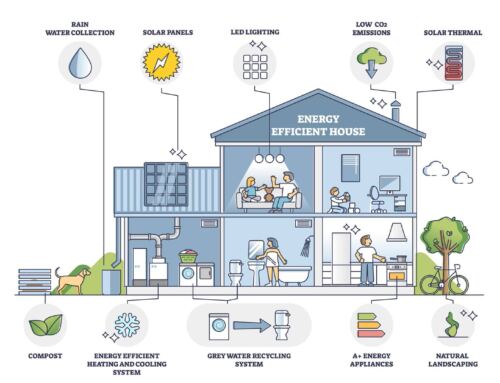

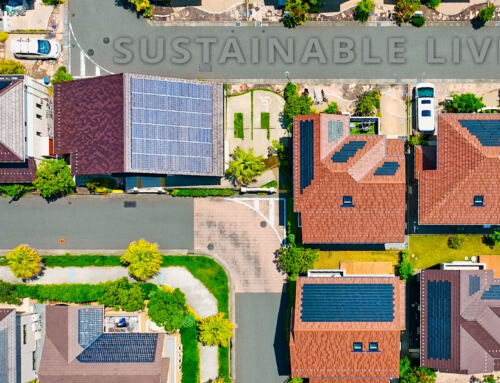




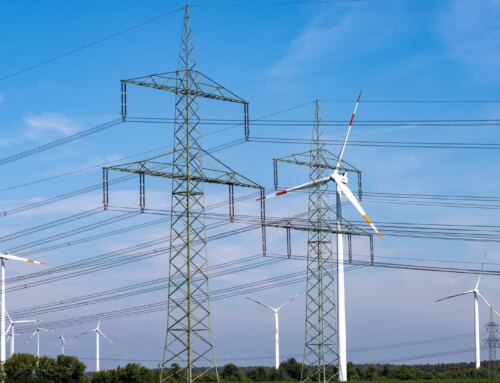



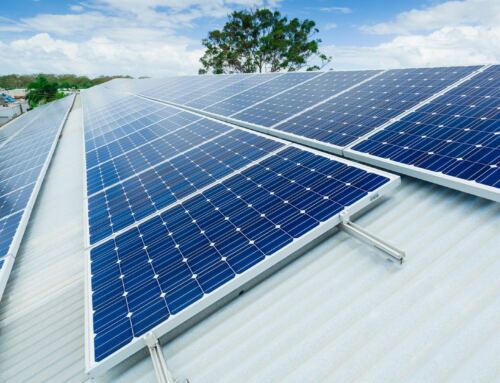






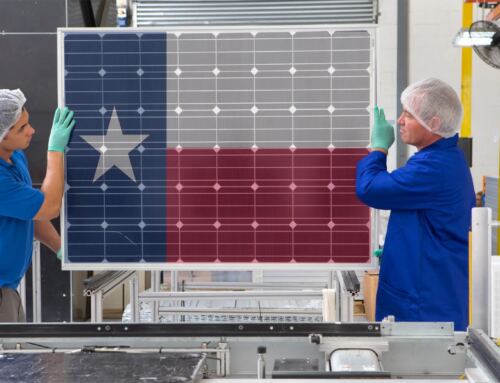
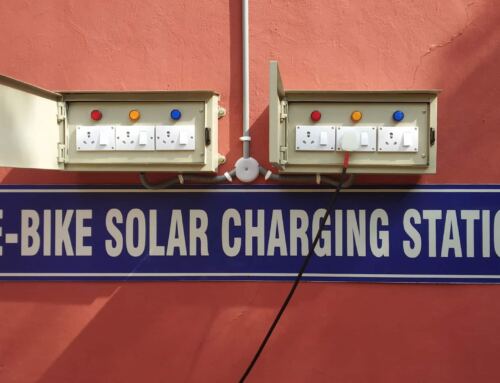

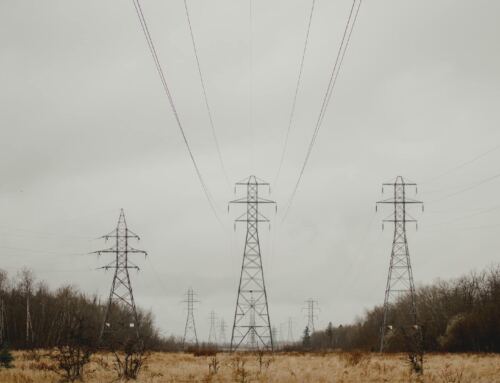
Switching to solar energy is the need of the hour! Thank you for sharing this blog with us!